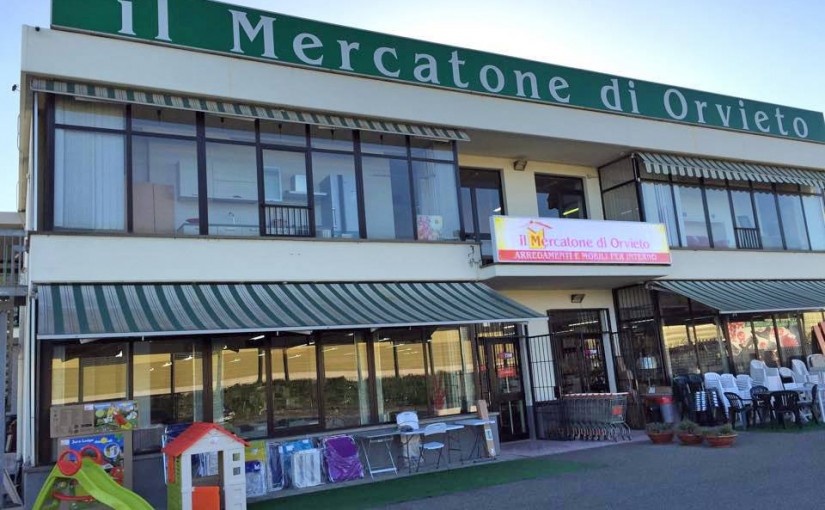Piano a piano is a useful phrase. Prosaically it translates as “bit by bit, little by little, step by step.” But literally it can be thought as “level by level” or “gently, gently.”
My lifelong habit is to rush, especially to rush into the untried and unfamiliar. Even worse, to rush through a process once entered so I can prove to myself that I will survive the new, accomplish that for which I have no experience, am able to finish a project more or less like an adult. I have the capacity to turn everything into a project. Goals must be set, timelines established, deadlines put firmly into place. If an effort is not organized within an inch of its life, why do it at all?
The irony is, of course, that the more I rush to organize, the less organized everything is. Organization, the word itself, would seem to rise from the idea of “having been made organic.” Organisms don’t rush. They grow in their own time and of their own accord. Piano a piano.
So, I have a house to clean, paint, and furnish. I have a garden to clear, plant, and nourish. I have business to conclude, plays to write, a language to learn, walks to take, a culture to explore, and a body to keep healthy! Yikes!!
Piano a piano. What marvelous choices. What deliciously savorable experiences lie ahead.
Today, Andrea accompanies me – with his car, which I drive – to the Mercatone, Orvieto’s version of a megastore located on a practically invisible alley in Scalo. The proprietor meets us at the door, having invited us back yesterday to speak with the furnishings expert today about a proper bedroom set for my new house. We exchange news and pleasantries. Andrea keeps conversation going when I am unable, which is most of the time. The proprietor explains how and why his front window display has shifted (they had to clean the floor, it’d been weeks) and hails a fellow just arrived (the furnishings expert.) I am introduced as the man looking for a bed and an armoire. We have an appointment.
We all go upstairs to the expert’s desk. The expert, despite his lofty title, is relaxed, charming, funny. He wears bright blue-rimmed glasses. He checks catalogs, describes my choices. We discuss the stressed proportions of the bedroom I mean to populate with the items I seek. I ask for prices, he quotes them. He breaks the news gently that the cost of a bed is just for the structure. The mattress and rete are extra.
He takes me out to the warehouse so I can see mattresses in person. We pull a couple from a vertical pile and throw them onto the floor for a comparison test. I fall onto the first. It’s a mattress. I don’t get the subtle shades of mattresses. It’s not uncomfortable, therefore just fine. I fall onto a second, fancier, and more expensive unit. I admit that I can’t really tell the difference. Everyone laughs.
We return to the desk on the second floor and look at armoires in the expert’s catalog. We compare the real armoire in the display with the various drawings in the catalog. Nothing quite fits, but one almost does, so I settle on that. It’s all been pleasant, even fun, but it’s still shopping and I want this over with.
While the expert is creating his order form, I look over at the display of bed and armoire I’m about to purchase. The bed I like; elegant, simple lines, and a pleasant color. The armoire is okay, but boring. The end tables are worse. I imagine the armoire I’ve just ordered as looking more like the end tables than the armoire on display. I begin to feel queasy. It’s a lot of money, normal to be sure, but normal is enough to make me nervous.
Piano a piano. “You know what? I’m going to take the bed now – mattress. underpinnings, and all – and stop there. Okay? I mean, it’s a month before you can deliver the armoire, and I leave in a month, may not be back for two or three past that. If I still need an armoire in August, I’ll wait a month for it then.” Okay, he smiles, nods; no problem. And he means it. He’s not being nice nor is his mild and agreeable response a sales tactic. “Good,” he says, “I’ll be here. There’s no rush.”
We visit an office on the ground floor where two gentlemen, one of them with bright red-rimmed glasses, collaborate in rendering a sales slip from the expert’s order form. That done, one of them walks me out to the counter so I can pay. There, a tall young man – with a face of such strange but genuine beauty that he is difficult to look at – is learning the craft of accepting payment. The gentleman with the glasses steps him through the process. The young man’s Etruscan features shift and crinkle, smile and joke. For a moment, he reminds me of an old friend who died ten years ago.
Transaction completed, the young man turns, grins and says “Thank you!” He then shrugs and says in Italian, “That’s the only English I have, I hope it’s enough.” Everyone laughs.
